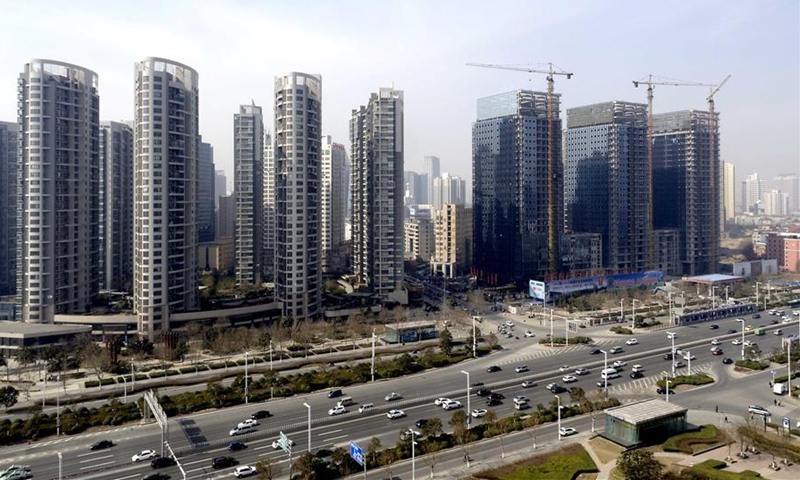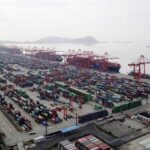Two Chinese cities announced the lifting of housing purchase restriction policies at the start of April, sending the total number of domestic cities easing policies to boost the flagging housing market to over 60 this year.
Quzhou, East China’s Zhejiang Province, announced on Friday that people with their hukou (household-registration) outside the city are allowed to buy real estate in the city like local residents, while also removed restrictions on the sale of new apartments.
Yan Yuejin, research director at Shanghai-based E-house China R&D Institute, told the Global Times that the city’s relaxations will reduce consumers’ concerns, reflecting the local government’s determination to prop up the housing market.
He said that more cities across the country are expected to announce new relaxing measures in April, representing a window opportunity to stabilize the housing market.
Dongguan, a city in South China’s Guangdong Province, which recorded one of fastest increases in home prices across China announced on Saturday that households with a non-local hukou will be judged as having paid social securities in a row during the Covid19 outbreak.
The new policy is widely considered as a move to increase market access for homebuyers.
Chinese authorities have unveiled a series of measures to prop up the property market since the beginning of this year, including giving developers easier access to presale funds held in escrow, reducing down payment ratio for first-time home buyers, and allowing commercial banks to lower mortgage rates.
According to Centaline Propety Institute, governments in over 60 cities across the country have taken steps to prop up the property market this year, including large cities like Fuzhou in East China’s Fujian Province, Zhengzhou in Central China’s Henan Province, and Qingdao in East China’s Shandong Province.
China is seeking to maintain stability in the property market this year after the roller coaster ride of 2016, with measures to prevent surges in metropolises and the growing inventories in small cities.File photo:Xinhua




